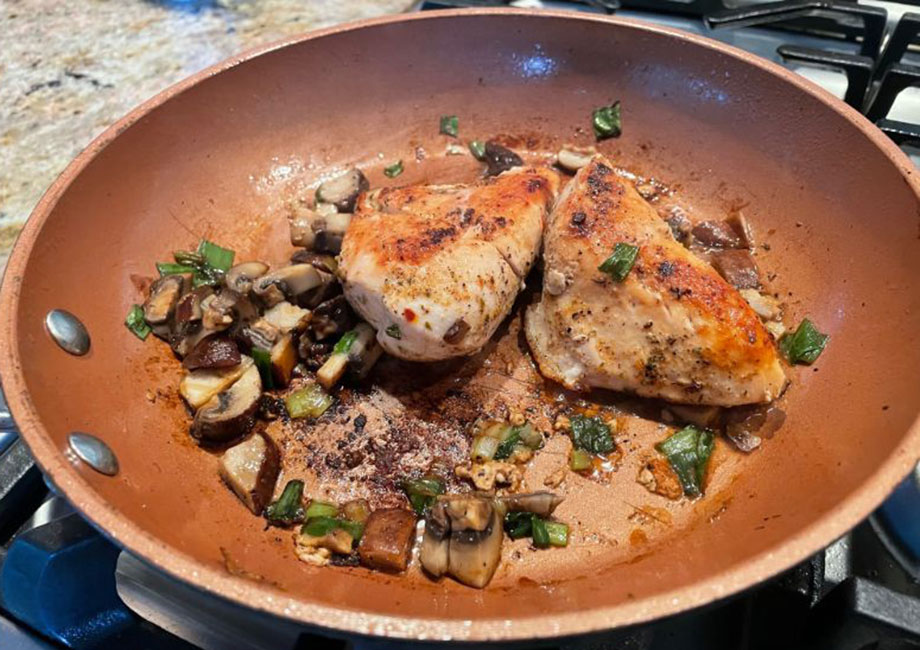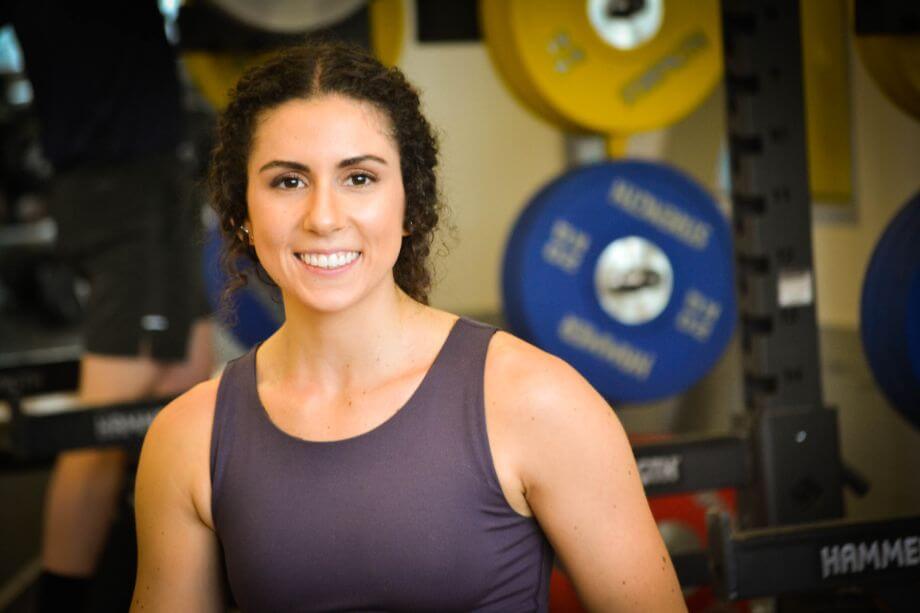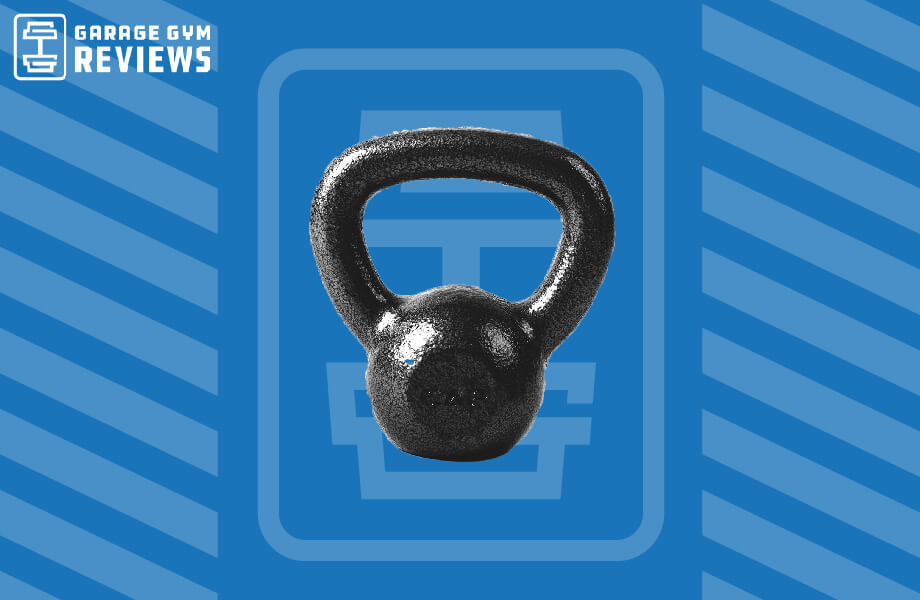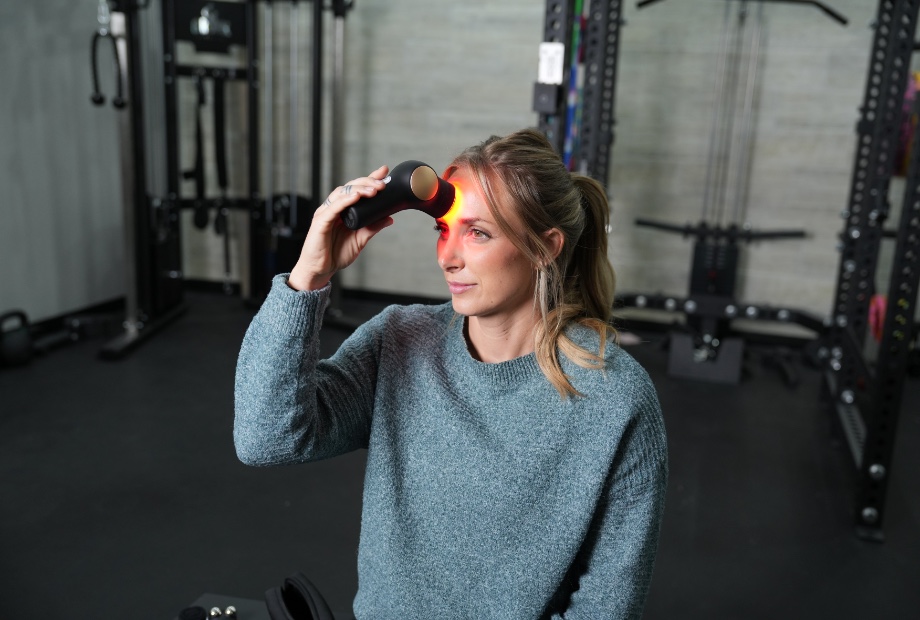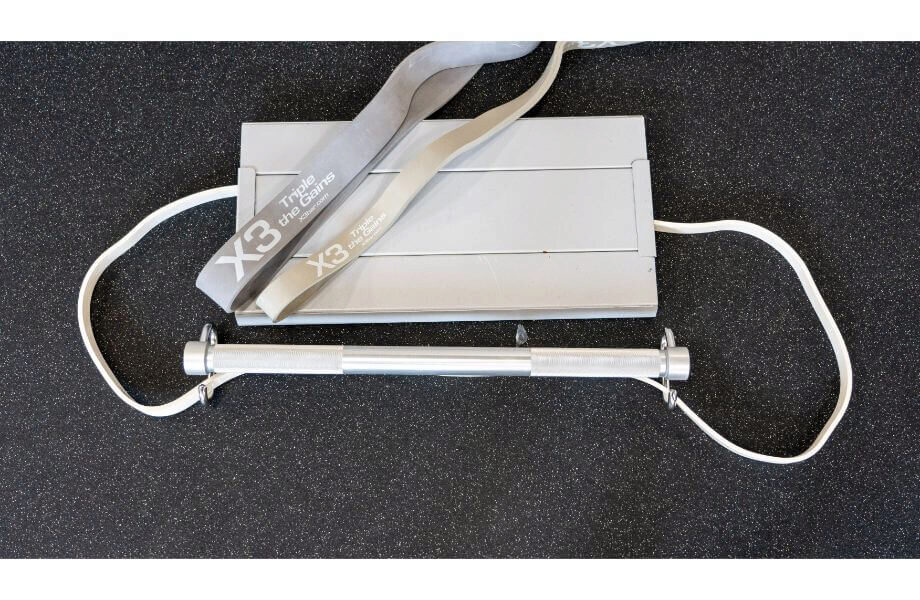Are you trying to build muscle? Lose weight? Simply support your general health and wellness? Whatever your fitness or health goals, adding high-protein, low-carb foods to your regular rotation of meals and snacks can have a profound impact on various outcomes.
RELATED: How Much Protein To Gain Muscle?
As a certified nutrition coach (CNC) and personal trainer, I get a lot of questions about such foods and how and why to incorporate them into one’s diet. In this guide, I’ll cover some of the best high-protein, low-carb foods and why they deserve a place in your diet.
Medical disclaimer: This article is intended for educational and informational purposes only. It is not intended as a substitute for medical advice. For health advice, contact a licensed healthcare provider.
Why Choose High-Protein, Low-Carb Foods?
Many people choose low-carb foods for weight loss or health purposes, but not all low-carb foods are inherently nutritious or filling. For example, lettuce is considered a low-carb food, but it’s not exactly nutrient-dense, nor will it fill you up for very long.
Vegetables, too, come in several low-carb varieties, and while they do contain high amounts of micronutrients, they don’t contain much protein or dietary fat—two macronutrients that are very important for your health, not to mention appetite regulation.

High-protein, low-carb foods tend to be from animal sources, which also means they provide certain nutrients you won’t get from most plant foods, according to a 2021 study in the journal Nutrients1: vitamin B12, creatine, heme iron, carnosine, vitamin D3, and docosahexaenoic acid (DHA).
RELATED: Best Low-Carb Protein Bars
List of High-Protein, Low-Carb Foods
All data for the foods in this list was sourced from FoodData Central2, the official database of the Agriculture Research Service of the USDA. This is a searchable database that you can use (for free!) to find the macronutrient and micronutrient information for almost any food, including raw, fresh, cooked, branded, and packaged foods.
Animal Protein
Animal foods will always have the most grams of protein per serving compared to other protein sources, and animal proteins contain zero carbohydrates. They are the best high-protein foods if you are looking solely for that characteristic.
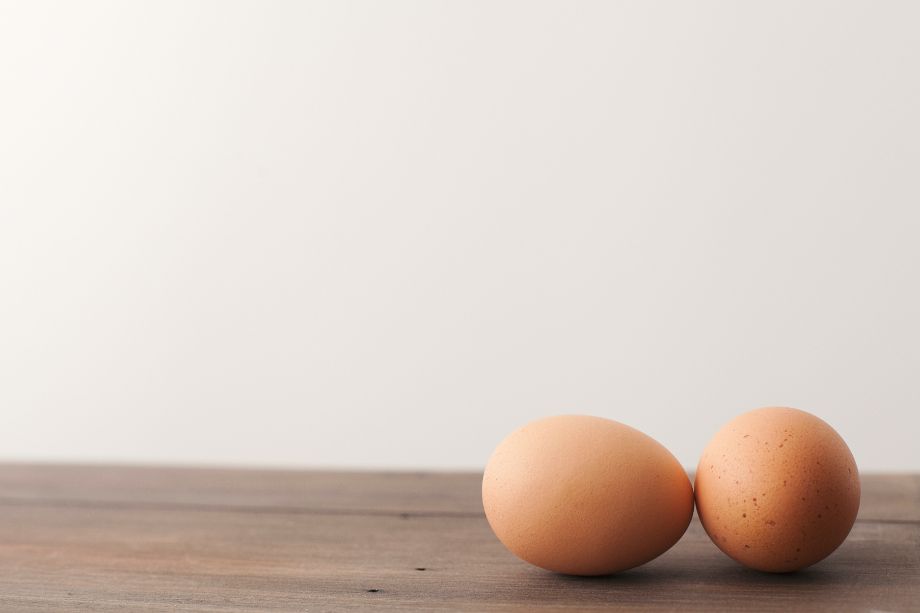
Chicken
The macronutrients in a chicken dish will vary wildly depending on how it is prepared and what the cut of meat is. But according to FoodData Central, 100 grams (about 3.5 ounces) of skinless, boneless chicken breast prepared braised without seasonings contains 32.1 grams of protein and zero grams of carbohydrates.
RELATED: Macronutrients for Weight Loss
Beef
Beef, like chicken, has varying macronutrient profiles depending on the cut and preparation. FoodData Central reports that a 100-gram serving of 90% lean ground beef contains 18.2 grams of protein and zero grams of carbohydrates.
Pork
A 100-gram lean pork tenderloin that is roasted without additional ingredients contains 26.2 grams of protein and zero carbohydrates, according to FoodData Central.
Duck
100 grams of farmed (domesticated) duck meat without the skin, roasted, contains 23.5 grams of protein and zero carbs.
Jerky
Jerky snacks are fantastic when you’re in a pinch and need something to hold you over until your next meal, or you need a non-refrigerated high-protein snack. Per 100 grams, beef jerky with dry seasoning (e.g., salt and pepper) contains 33.2 grams of protein.
RELATED: 20 Protein Snack Ideas
There are tons of brands and flavors of beef jerky available, so make sure to read the nutrition label if you are concerned about carb and sugar content. Sugary flavors, such as teriyaki or sweet-and-spicy, will have more carbohydrates than plain beef jerky.
Turkey
FoodData Central lists 100 grams of ground turkey (93% lean, 7% fat) as having 17.3 grams of protein and 0 carbs.
Eggs
One large 100 gram whole egg—meaning yolks and whites—contains 12.4 grams protein and less than 1 gram of carbs.
RELATED: Different Types of Protein
Dairy
Dairy products are great sources of protein for those who can tolerate lactose. As a bonus, dairy foods are high in calcium!
Milk
In a one-cup serving of whole milk, there are 8 grams of protein—that’s 1 gram per 1 ounce. In a one-cup serving of low-fat (2%) milk and nonfat milk, there are 8.5 grams of protein. However, whether milk is “low-carb” to you depends on your carb tolerance: There are 12 to 13 grams of carbs in an 8-ounce glass of milk depending on the type.
Greek yogurt
Plain nonfat Greek yogurt contains more than 10 grams of protein and fewer than 4 grams of carbohydrates per 100 grams. By contrast, full-fat plain Greek yogurt contains just under 9 grams of protein and almost 5 grams of carbs per 100 grams.
RELATED: Best High-Protein Yogurt
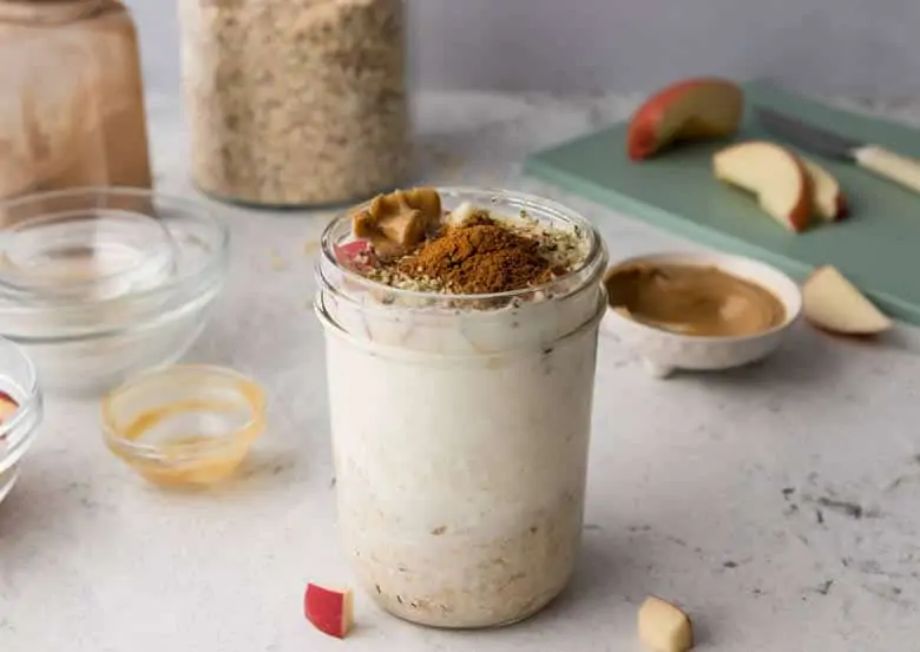
Cottage cheese
Low-fat cottage cheese provides 11 grams of protein per 100-gram serving, with just 4 grams of carbohydrates. Full-fat cottage cheese contains 11.6 grams of protein and 4.6 grams of carbs.
Mozzarella cheese
According to FoodData Central, in 100 grams of mozzarella cheese, there are a whopping 23.7 grams of protein and just 4.4 grams of carbohydrates. This makes mozzarella cheese one of the highest-protein dairy food items available.
RELATED: High-Protein Foods List for Weight Loss
Fish and Seafood
Certain types of fish and seafood can provide you with high amounts of protein and zero carbohydrates.
Salmon
Smoked Chinook salmon contains 18.3 grams of protein and zero carbohydrates per 100 grams.
Tuna
Cooked, fresh, Bluefin tuna provides 29.9 grams of protein and zero carbs per 100-gram serving. But you don’t need fresh-caught tuna to get these benefits! Canned light tuna contains 19 grams of protein per 100 grams.
Tilapia
Cooked tilapia provides more than 26 grams of protein for every 100 grams of the fish, with no carbs.
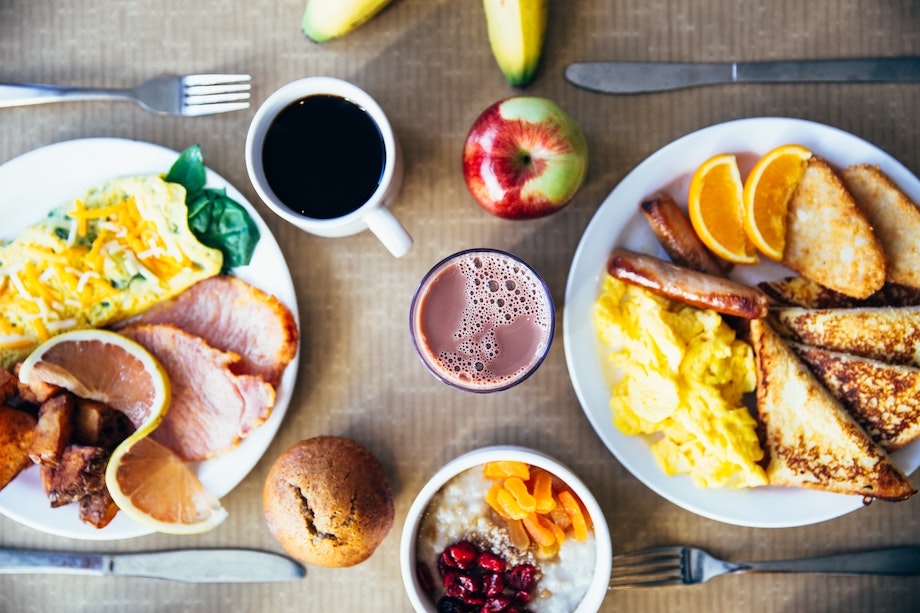
Trout
FoodData Central says that wild-caught rainbow trout contains 20.5 grams of protein per 100 grams, while farmed rainbow trout contains slightly less at 19.9 grams.
Shrimp
A 100-gram serving of raw shrimp will provide you with 15.6 grams of protein and less than 1 gram of carbs.
Plant Foods
Truthfully, there aren’t many plant-based protein sources that compare in both protein and carb content to animal sources of protein. For instance, whole grains are often cited as a good source of protein, but they certainly aren’t low-carb.
But here’s a look at some other plant foods that are relatively high in protein and low in carbs—relatively being the key word.
RELATED: Best Vegan Protein Powder
Peanut Butter
Peanut butter is a high-protein plant food, although 14% of calories in a 100-gram serving of peanut butter come from carbohydrates. That’s 22 grams of carbs. Still, another 14% of calories come from protein, which is high compared to a lot of plant foods.
Tofu
Similar to animal proteins, tofu’s nutrient profile changes drastically depending on its preparation—whether it’s firm, medium, soft, or lite tofu. It may also vary based on the brand. Firm tofu, according to the USDA, contains 17.3 grams of protein and 2.78 grams of carbs per 100 grams of tofu.
Tempeh
Tempeh is a fermented soy product like tofu, but it has a different taste and texture. According to FoodData Central, tempeh contains 20.3 grams of protein per 100 grams, with 7.64 grams of carbs.
Edamame
Edamame doesn’t have the impressive macro ratios that tofu and tempeh have, but it’s still relatively high-protein and low-carb for a plant food, with 11.9 grams of protein and 8.91 grams of carbs in a 100-gram serving.
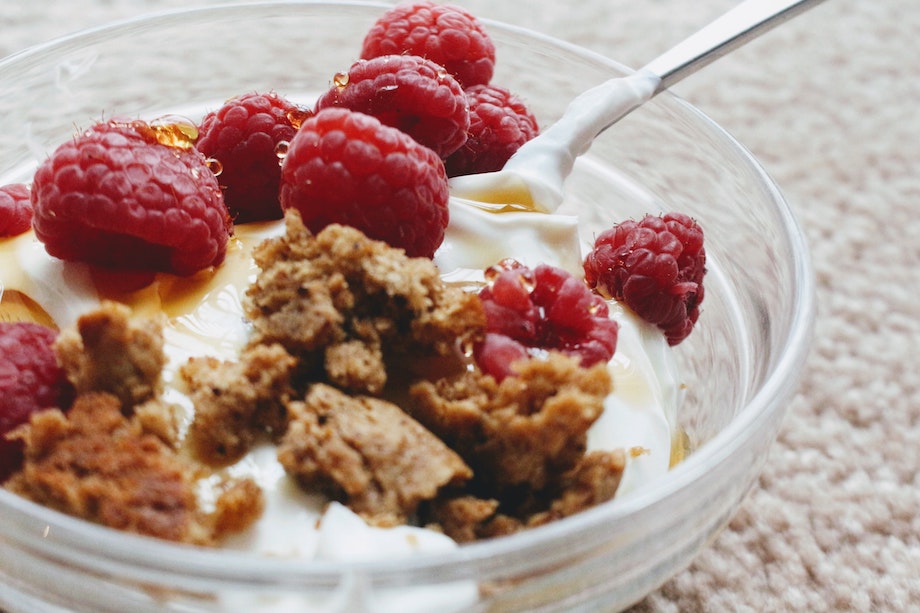
Almonds
Whole, raw, almonds contain about 21 grams of protein per 100 grams. A more realistic serving size is 25 grams of almonds, in which there are about 5 grams of protein and 5 grams of carbs.
Hemp Seeds
Hemp seeds have a respectable 31.6 grams of protein per 100 grams and 8.67 grams of carbs. Even better, you can cook with or drink supplemental shakes using some of the best hemp protein powders.
Pumpkin seeds
In 100 grams of pumpkin seeds, there are 30.2 grams of protein and 10.7 grams of carbs. In a 1-ounce (28-gram) serving, there are about 8.6 grams of protein and just 3 grams of carbohydrates.
High-Protein, Low-Carb Meals
The good news is that even though most plant-based foods aren’t low in carbohydrates, you can still make low-carb, high-protein meals with plant foods and reduce your overall carb intake.
One example is a stir-fry with zucchini, chicken, olive oil, and broccolini. Such a meal would provide you with an ample amount of protein, omega-3 fatty acids, and plenty of micronutrients from the vegetables.
Or, you could make a nutritious smoothie with chocolate protein powder, chia seeds, unsweetened Greek yogurt, and a tablespoon of peanut butter for a filling drink high in calcium.
RELATED: High-Protein, Low-Fat Foods
What About Supplements?
If you struggle to get enough protein in your diet and are aiming to keep carbs low, protein shakes and protein powders can help you fill in the gaps. We’ve created a guide to the best low-carb protein powder, as well as the best protein powder for weight loss and best keto protein powder.
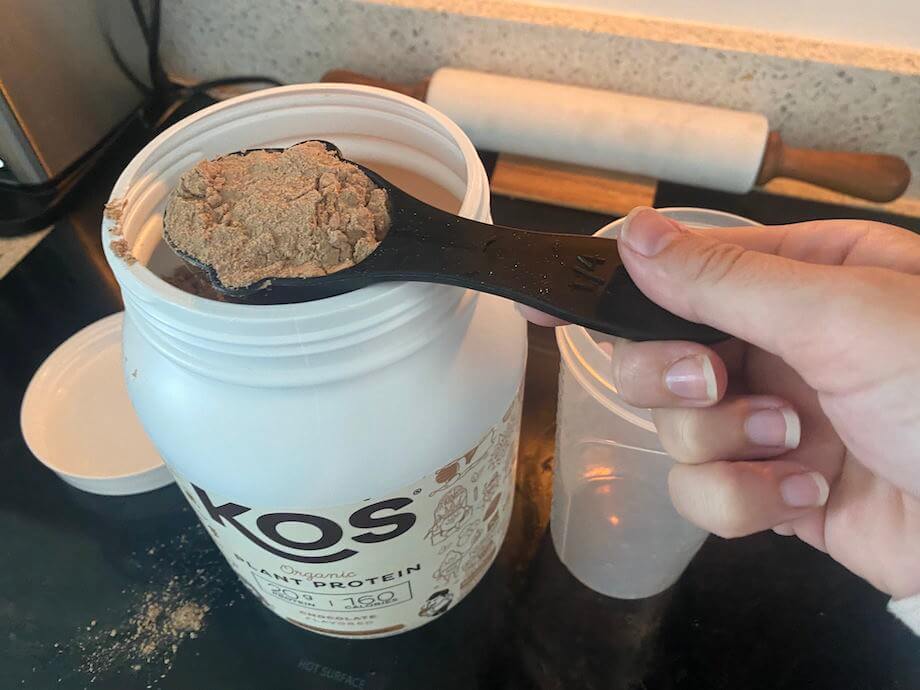
Benefits of a High-Protein, Low-Carb Diet
Eating a high-protein, low-carb diet is different from adding some high-protein, low-carb foods into your current diet. This type of diet focuses solely on such foods and cuts out most carbohydrate intake.
High-protein, low-carb diets are associated with several health benefits. As registered dietitian nutritionist Sydney Lappe wrote in our guide to high-protein foods, dietary protein is critical for a number of body functions, including functions of the nervous system, digestive system, endocrine system, musculoskeletal system, immune system, and cardiovascular system.
For instance, some research has suggested that diets high in protein and low in carbs are more effective at inducing weight loss than diets high in both protein and carbs.
RELATED: How To Get More Protein
A 2013 study in the International Journal of Endocrinology3 found that a high-protein diet resulted in greater weight loss than a standard-protein diet when both groups were eating in a caloric deficit.
During a clinical trial that was published in the journal Nutrients4 in 2018, participants either followed a reduced-calorie, high-protein, very-low-carb diet, or a reduced-calorie, high-protein, moderate-carb diet. The group in the very-low-carb diet lost more weight.
High-protein, low-carb diets may also help you manage your blood sugar and related health conditions, according to a 2018 study in the journal Nutrition & Diabetes5, as well as a 2019 study in the journal Frontiers in Nutrition6.
Increasing your protein intake is also associated with positive gains in lean mass. In combination with a resistance training program, a high-protein diet may help you gain muscle, according to a 2019 report in Nutrients7.
RELATED: High-Protein Meal Delivery
Risks of Eating a High-Protein, Low-Carb Diet
Conversely, there are some potential high-protein diet side effects, such as a “marginally increased” risk of heart failure, as found during a clinical trial in the journal Circulation and Heart Failure8 that studied 2,441 middle-aged men who ate diets with varying protein amounts and sources.
Additionally, diets high in animal protein may have negative health implications in people with kidney conditions, according to a 2013 report in ISRN Nutrition9. (High-protein diets are generally considered safe for people who have healthy, functioning kidneys.)
RELATED: How Much Protein Is Too Much?
Should You Eat a High-Protein, Low-Carb Diet?
So, who can benefit the most from this kind of diet and who should steer clear?
High-protein, low-carb diets may be a worthwhile pursuit for people who:
- Have healthy kidney function
- Are interested in ketosis as a means of weight loss
- Need to manage type 2 diabetes
- Want to reduce body fat while attempting to maintain or increase muscle protein synthesis for muscle gain
A high-protein, low-carb diets may not be suitable for:
- Those with chronic kidney disease
- People with impaired renal function who have been instructed by their doctor to eat a lower-protein diet
- Individuals looking to build substantial strength and muscle mass—AKA go through a bulking phase—in which case, a diet that’s rich in high-protein foods, carbohydrates, and healthy fats is recommended
High-Protein, Low-Carb Foods: Final Thoughts
Adding more high-protein snacks and meals to your diet may help you reach your fitness and wellness goals. However, there are a number of pros, cons, and specific scenarios to consider when choosing a diet type. Here’s a recap of the health implications of this type of diet.
- High-protein diets are associated with increased lean body mass.
- In some people, high-protein diets may have negative effects on kidney function.
- Diets high in animal protein have been associated with poor heart health, especially when the diet is high in cholesterol and saturated fat, according to the National Institutes of Health10.
- Low-carbohydrate diets can help you achieve a ketogenic state, which may help with weight loss, although you’ll need to maintain a low amount of net carbs for this to work in the long term.
- By prioritizing low-carb meals and low-carb snacks, you can help yourself avoid excess added sugar.
- Eating a low-carb diet may mean you miss out a lot of the vitamins, minerals, and antioxidants found in fruits and veggies.
Ultimately, it’s up to you—and your healthcare provider, if you have a medical condition that may be affected by diet—to decide if a high-protein, low-carb diet is for you. However, most people can benefit from adding at least some high-protein, low-carb foods to their general eating plan.
RELATED: Protein Requirements By Age
High-Protein, Low-Carb Foods: FAQs
Does animal protein cause heart disease?
Diets high in animal protein, particularly fatty animal proteins and processed meats, have been associated with heart disease risk factors11, such as high cholesterol.
Further research12 shows that replacing animal proteins with plant-based proteins has positive effects on cardiovascular disease risk factors and lowers all-cause mortality. A 2020 study in BMJ13 reports that a higher protein intake in general is associated with longevity.
However, other research14 implies that only replacing processed animal foods has a profound effect on heart health, while replacing unprocessed meats only results in “modest benefits.”
For what it’s worth, the American Heart Association15 recommends choosing mostly plant-based proteins and choosing animal proteins with little fat.
Is a high-protein diet the same as keto diet?
No, a high-protein diet is not inherently a keto or low-carb diet, since many high-protein foods (from plants) also contain ample carbohydrates. For a diet to be a keto diet, you’ll generally consume fewer than 50 grams—and sometimes as little as 20 to 30 grams—of carbohydrates per day. You can also frame it around percentages of calories, with some research16 defining a keto diet as one that includes just 10% of calories from carbs.
What happens if you only eat protein and no carbs?
A high protein diet with little to no carbs—even the keto diet has some carb allowance—will likely send you into ketosis, meaning your body uses fat for energy instead of carbs. You also risk stomach and kidney issues, headaches, and fatigue. Eating a more well-rounded diet, including carbs, is better than abstaining completely. Remember that the Recommended Daily Allowance (RDA) for carbohydrates is 130 grams per day.
What is the most filling low-carb food?
Low-carb foods that are high in protein are more likely to keep to satiated—meaning you’ll feel fuller for longer—because they take longer to digest and can reduce your hunger hormones. Some examples of excellent high-protein, low-carb foods to keep you full are eggs, yogurt, chicken breast, cottage cheese, and peanut butter.
RELATED: Best Low-Carb Meal Delivery
These statements have not been evaluated by the Food and Drug Administration. This product is not intended to diagnose, treat, cure, or prevent any diseases.
References
- Tso R, Forde CG. Unintended Consequences: Nutritional Impact and Potential Pitfalls of Switching from Animal- to Plant-Based Foods. Nutrients. 2021;13(8):2527. Published 2021 Jul 23. doi:10.3390/nu13082527
- FoodData Central; U.S. Department of Agriculture. Agricultural Research Center. Available from: https://fdc.nal.usda.gov/
- Campos-Nonato I, Hernandez L, Barquera S. Effect of a High-Protein Diet versus Standard-Protein Diet on Weight Loss and Biomarkers of Metabolic Syndrome: A Randomized Clinical Trial. Obes Facts. 2017;10(3):238-251. doi:10.1159/000471485
- Galbreath M, Campbell B, LaBounty P, et al. Effects of Adherence to a Higher Protein Diet on Weight Loss, Markers of Health, and Functional Capacity in Older Women Participating in a Resistance-Based Exercise Program. Nutrients. 2018;10(8):1070. Published 2018 Aug 11. doi:10.3390/nu10081070
- Huhmann MB, Yamamoto S, Neutel JM, Cohen SS, Ochoa Gautier JB. Very high-protein and low-carbohydrate enteral nutrition formula and plasma glucose control in adults with type 2 diabetes mellitus: a randomized crossover trial. Nutr Diabetes. 2018;8(1):45. Published 2018 Aug 30. doi:10.1038/s41387-018-0053-x
- Beaudry KM, Devries MC. Nutritional Strategies to Combat Type 2 Diabetes in Aging Adults: The Importance of Protein. Front Nutr. 2019;6:138. Published 2019 Aug 28. doi:10.3389/fnut.2019.00138
- Carbone JW, Pasiakos SM. Dietary Protein and Muscle Mass: Translating Science to Application and Health Benefit. Nutrients. 2019;11(5):1136. Published 2019 May 22. doi:10.3390/nu11051136
- Virtanen HEK, Voutilainen S, Koskinen TT, Mursu J, Tuomainen TP, Virtanen JK. Intake of Different Dietary Proteins and Risk of Heart Failure in Men: The Kuopio Ischaemic Heart Disease Risk Factor Study. Circ Heart Fail. 2018;11(6):e004531. doi:10.1161/CIRCHEARTFAILURE.117.004531
- Delimaris I. Adverse Effects Associated with Protein Intake above the Recommended Dietary Allowance for Adults. ISRN Nutr. 2013;2013:126929. Published 2013 Jul 18. doi:10.5402/2013/126929
- U.S. National Library of Medicine. (n.d.). Facts about saturated fats: Medlineplus medical encyclopedia. MedlinePlus. Retrieved April 28, 2023, from https://medlineplus.gov/ency/patientinstructions/000838.htm
- Richter CK, Skulas-Ray AC, Champagne CM, Kris-Etherton PM. Plant protein and animal proteins: do they differentially affect cardiovascular disease risk?. Adv Nutr. 2015;6(6):712-728. Published 2015 Nov 13. doi:10.3945/an.115.009654
- Zhong VW, Allen NB, Greenland P, et al. Protein foods from animal sources, incident cardiovascular disease and all-cause mortality: a substitution analysis. Int J Epidemiol. 2021;50(1):223-233. doi:10.1093/ije/dyaa205
- Naghshi S, Sadeghi O, Willett W C, Esmaillzadeh A. Dietary intake of total, animal, and plant proteins and risk of all cause, cardiovascular, and cancer mortality: systematic review and dose-response meta-analysis of prospective cohort studies BMJ 2020; 370 :m2412 doi:10.1136/bmj.m2412
- Mariotti F. Animal and Plant Protein Sources and Cardiometabolic Health. Adv Nutr. 2019;10(Suppl_4):S351-S366. doi:10.1093/advances/nmy110
- Picking Healthy Proteins. (n.d.). American Heart Association. https://www.heart.org/en/healthy-living/healthy-eating/eat-smart/nutrition-basics/meat-poultry-and-fish-picking-healthy-proteins
- Shilpa J, Mohan V. Ketogenic diets: Boon or bane?. Indian J Med Res. 2018;148(3):251-253. doi:10.4103/ijmr.IJMR_1666_18




